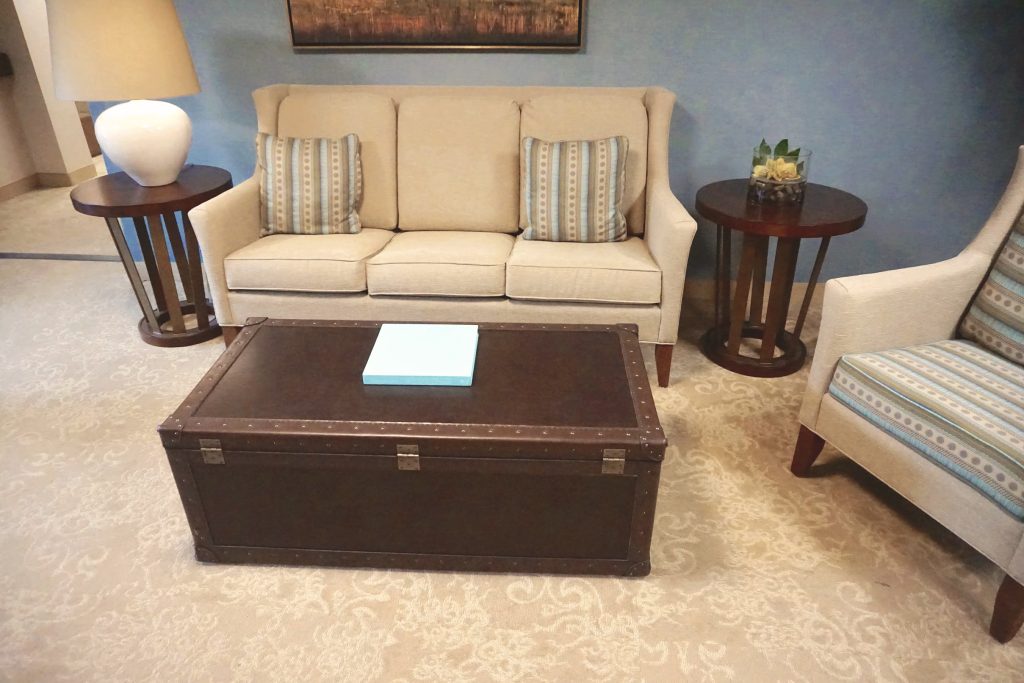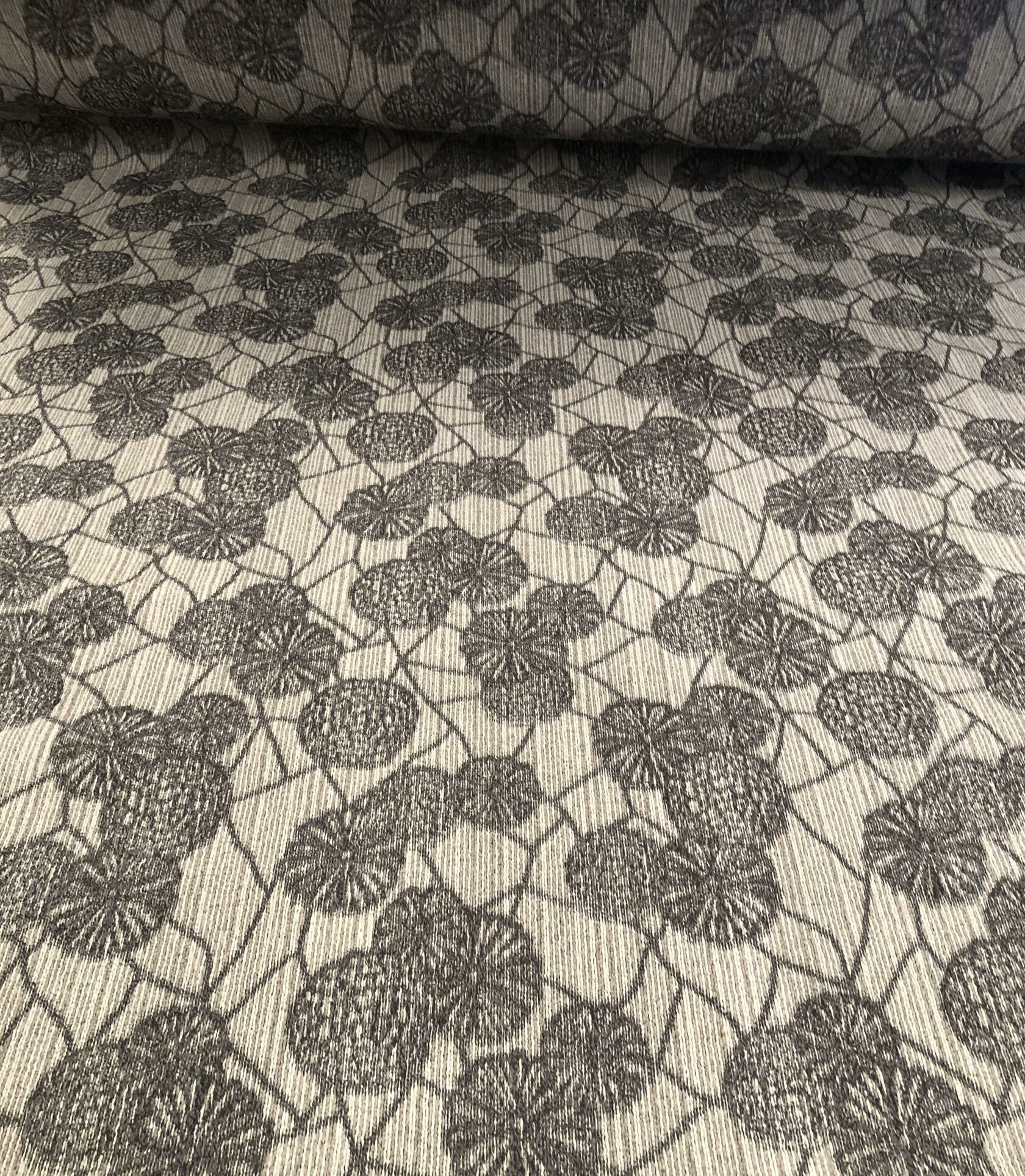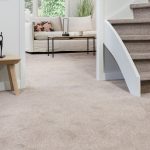Introduction
Polyester vs.nylon carpet – When it comes to selecting carpeting for your home or office, choosing between polyester and nylon fibers can be a crucial decision. Both materials have their own unique characteristics, advantages, and disadvantages, making it essential to understand their differences to make an informed choice that suits your flooring needs. Let’s delve deeper into the comparison between polyester and nylon carpet:
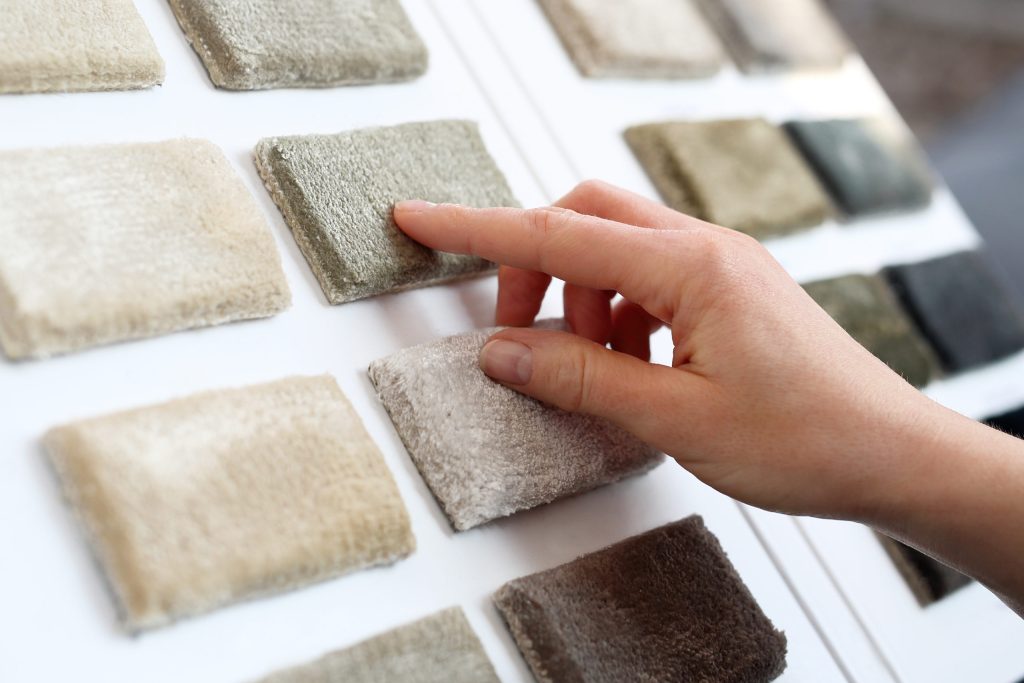
1. Material Composition:
- Polyester Carpet: Polyester carpet fibers are made from a synthetic polymer derived from petroleum. They are known for their softness, vibrant color options, and resistance to fading. Polyester is also inherently stain-resistant, making it a popular choice for households with pets or children.
- Nylon Carpet: Nylon carpet fibers are also synthetic, but they are derived from a different type of polymer. Nylon is renowned for its durability, resilience, and excellent wear resistance. It is less susceptible to crushing and matting, making it suitable for high-traffic areas such as hallways and living rooms.
2. Durability and Resilience:
- Polyester Carpet: While polyester carpet is soft and luxurious underfoot, it is generally less durable than nylon. Polyester fibers have a tendency to flatten and mat over time, especially in areas with heavy foot traffic. However, advancements in manufacturing technology have led to the development of more resilient polyester carpets that offer improved performance.
- Nylon Carpet: Nylon is widely regarded as one of the most durable carpet materials available. It has excellent resilience, meaning it can bounce back to its original shape after being compressed by furniture or foot traffic. Nylon carpets are less prone to crushing and matting, making them ideal for areas that experience heavy use.
3. Stain Resistance and Maintenance:
- Polyester Carpet: Polyester carpet fibers have built-in stain resistance, which helps repel spills and make cleaning easier. However, it is important to note that polyester is not as inherently resistant to oil-based stains as nylon. Therefore, prompt cleaning is necessary to prevent stains from setting in.
- Nylon Carpet: Nylon is naturally more resistant to oil-based stains and soil than polyester. Additionally, many nylon carpets are treated with stain-resistant coatings or finishes for added protection. Nylon carpets are relatively easy to clean and maintain, requiring regular vacuuming and occasional professional cleaning to keep them looking their best.
4. Color Retention and Fade Resistance:
- Polyester Carpet: Polyester is known for its excellent color retention and fade resistance. This means that polyester carpets are less likely to fade or lose their vibrancy over time, even when exposed to sunlight or harsh cleaning agents. This makes them a great choice for rooms with lots of natural light or for homeowners who prefer bright, bold colors.
- Nylon Carpet: Nylon carpets also offer good color retention and fade resistance, although they may not be as fade-resistant as polyester. However, advancements in carpet dyeing technology have led to the development of nylon carpets that can rival polyester in terms of color vibrancy and fade resistance.
5. Cost Considerations:
- Polyester Carpet: Polyester carpet is generally more affordable than nylon, making it a budget-friendly option for homeowners on a tight budget. However, it is important to consider the long-term durability and performance of polyester compared to nylon, especially in high-traffic areas.
- Nylon Carpet: Nylon carpet is typically more expensive than polyester, but it offers superior durability and longevity. While the initial cost may be higher, nylon carpets often provide better value for money over time due to their extended lifespan and lower maintenance requirements.

6. Eco-Friendliness:
- Polyester Carpet: Polyester fibers are derived from recycled materials, primarily plastic bottles, making them a more sustainable option compared to nylon. Additionally, polyester carpets require less energy and resources to produce, reducing their environmental impact. However, it’s essential to consider the end-of-life disposal of polyester carpets, as they may not be as easily recyclable as nylon.
- Nylon Carpet: Nylon fibers are not as environmentally friendly as polyester since they are derived from non-renewable resources such as petroleum. However, advancements in manufacturing processes have led to the development of eco-friendly nylon carpets made from recycled materials or bio-based sources. Some manufacturers also offer carpet recycling programs to minimize waste and promote sustainability.
7. Allergen Resistance:
- Polyester Carpet: Polyester carpets are inherently hypoallergenic and resistant to mold, mildew, and bacteria growth. The tightly woven fibers prevent allergens such as dust mites, pet dander, and pollen from accumulating, making them an excellent choice for individuals with allergies or respiratory sensitivities.
- Nylon Carpet: Nylon carpets are also resistant to allergens and microbial growth, although they may not offer the same level of protection as polyester. However, regular cleaning and maintenance can help mitigate allergen buildup in nylon carpets, making them suitable for allergy sufferers with proper care.
8. Static Resistance:
- Polyester Carpet: Polyester fibers have a natural tendency to generate static electricity, especially in low humidity environments. This can lead to static shocks and discomfort, particularly during the winter months. However, some polyester carpets are treated with anti-static additives or finishes to reduce static buildup and improve comfort.
- Nylon Carpet: Nylon fibers are inherently more static-resistant than polyester, making them less prone to static electricity buildup. Nylon carpets are less likely to generate static shocks and discomfort, providing a more comfortable and enjoyable experience, especially in dry climates or during the winter season.

9. Flame Resistance:
- Polyester Carpet: Polyester fibers are naturally flame retardant and have a high resistance to ignition, making them suitable for use in residential and commercial settings. Polyester carpets typically meet stringent fire safety standards and regulations, providing added peace of mind for homeowners and building occupants.
- Nylon Carpet: Nylon carpets are also flame resistant to some extent, although they may not offer the same level of inherent flame retardancy as polyester. However, nylon carpets can be treated with flame retardant chemicals or coatings to enhance their fire resistance and meet specific fire safety requirements.
10. Noise Reduction:
- Polyester Carpet: Polyester carpets provide excellent sound absorption properties, reducing noise levels and echoing in rooms. The dense, plush fibers absorb sound vibrations and minimize noise transmission, creating a quieter and more peaceful environment for occupants.
- Nylon Carpet: Nylon carpets also offer sound absorption benefits, although they may not be as effective as polyester in reducing noise levels. However, with proper underlayment and installation, nylon carpets can significantly improve acoustic comfort in residential and commercial spaces.
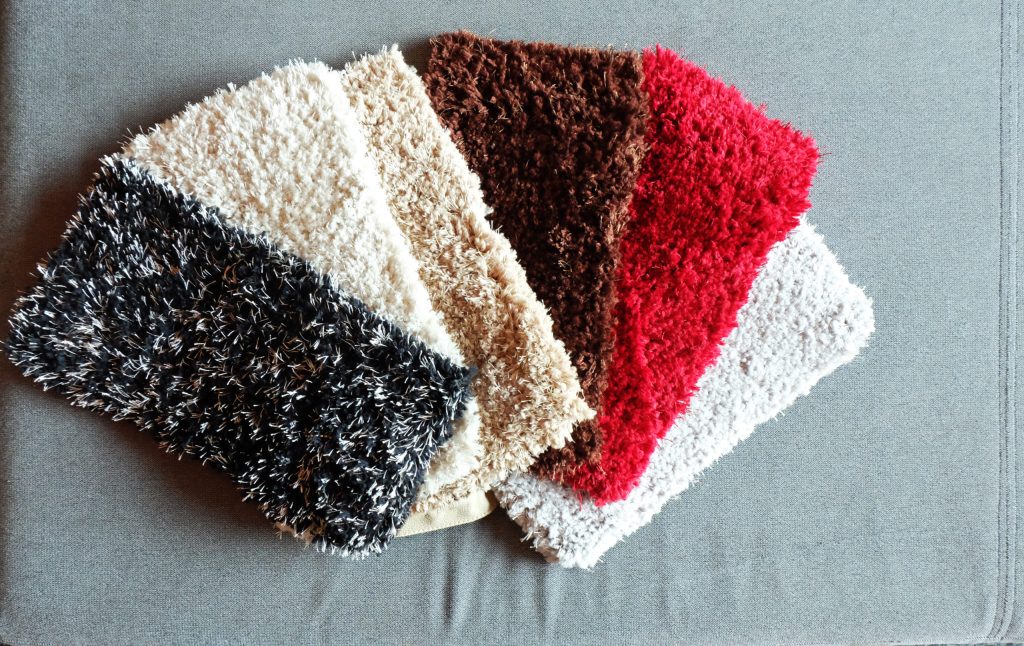
Conclusion:
In conclusion, both polyester and nylon carpets have their own distinct advantages and disadvantages. Polyester is prized for its softness, stain resistance, and vibrant color options, while nylon is renowned for its durability, resilience, and excellent wear resistance. When choosing between polyester and nylon carpet, it is important to consider factors such as foot traffic, maintenance requirements, budget, and personal preferences. Ultimately, the best choice will depend on your specific needs and priorities.
